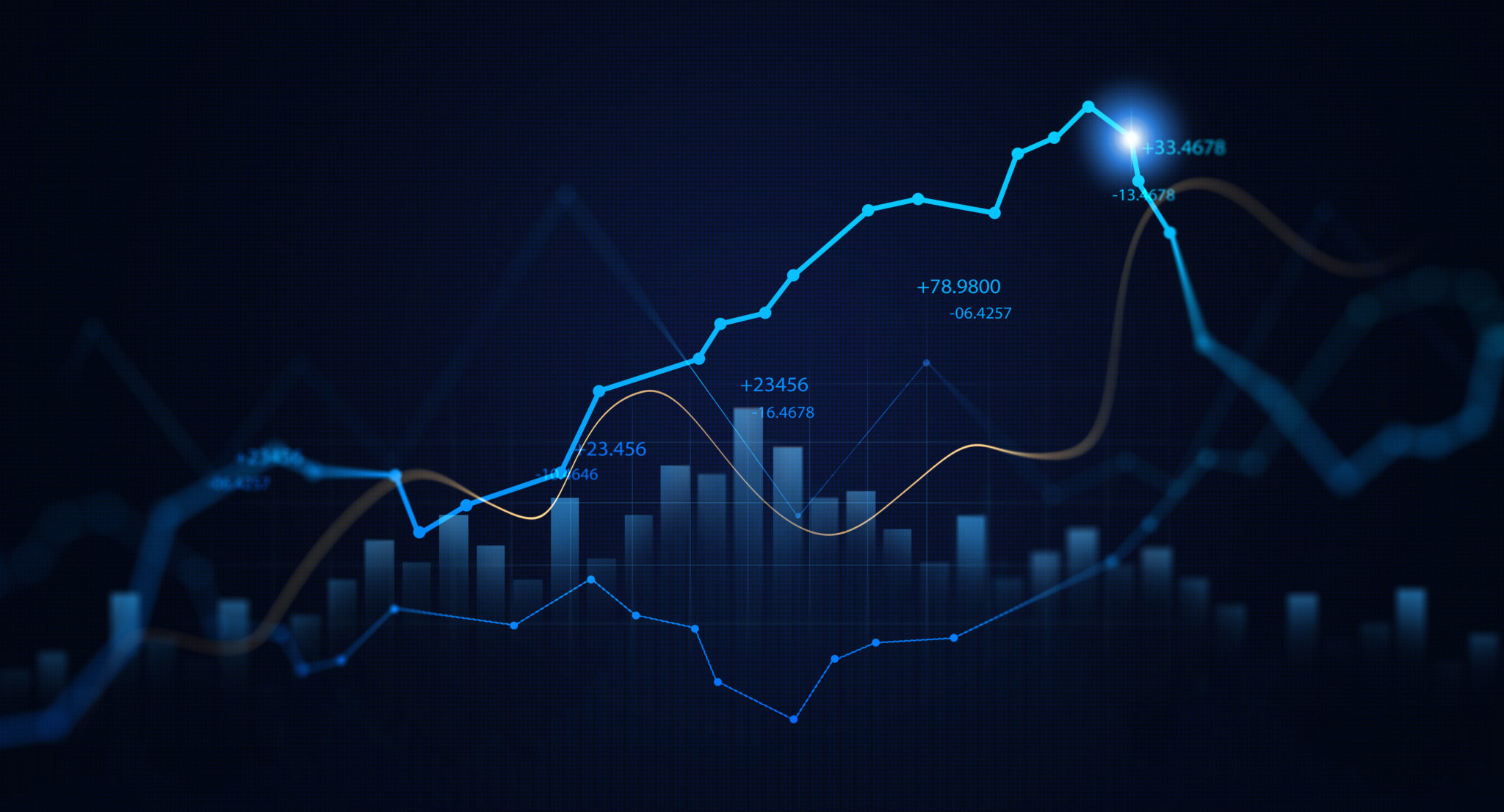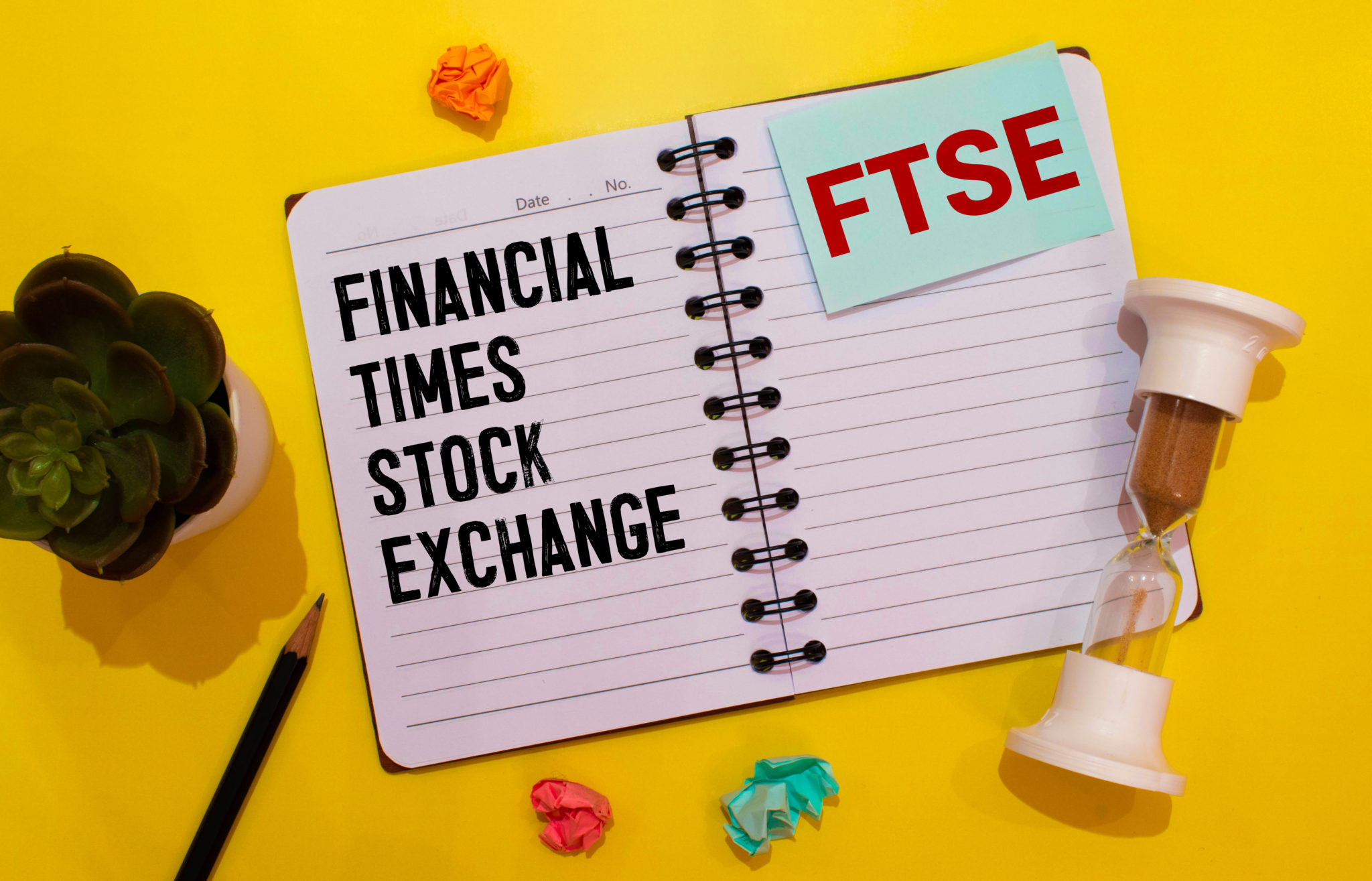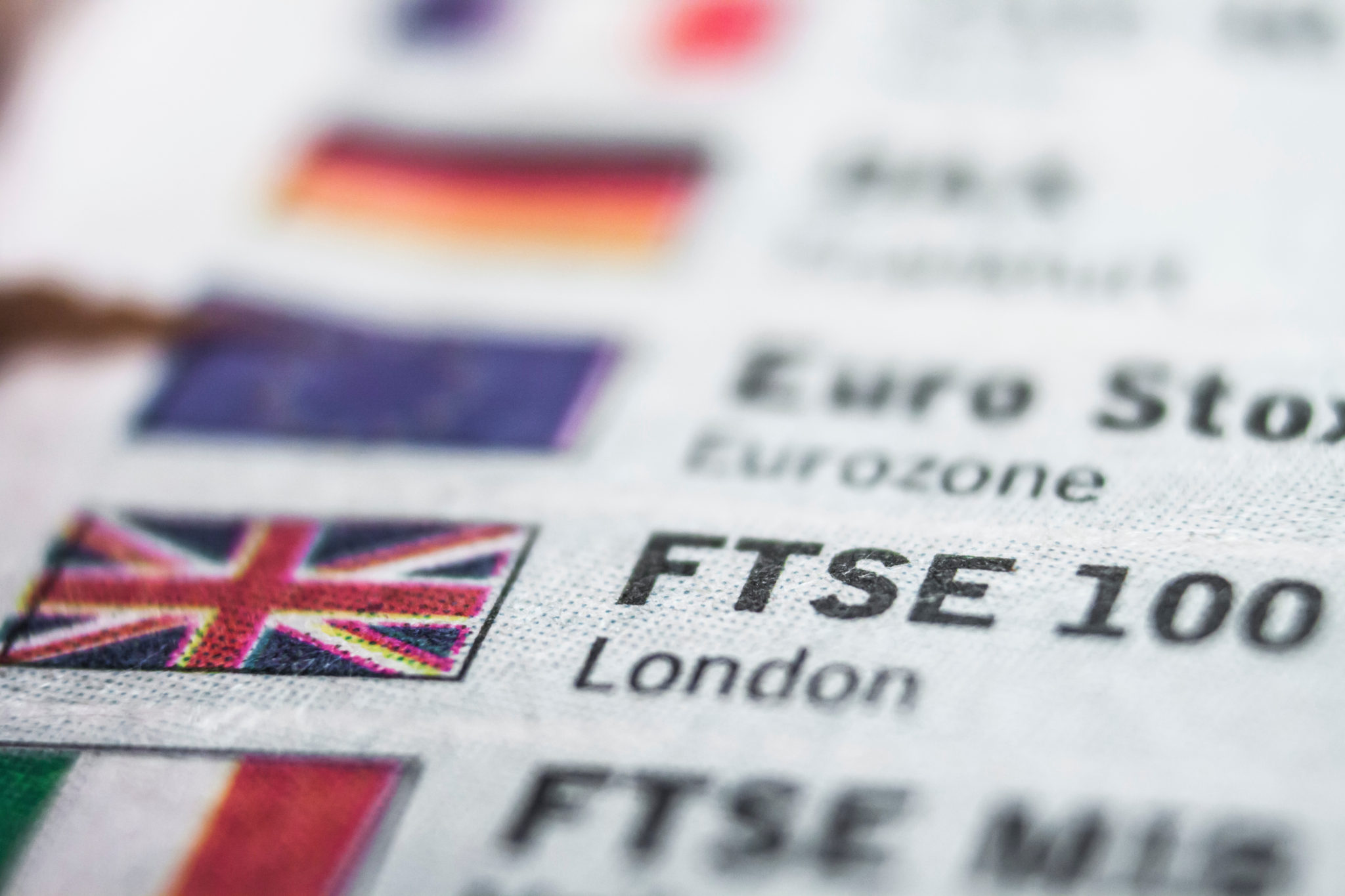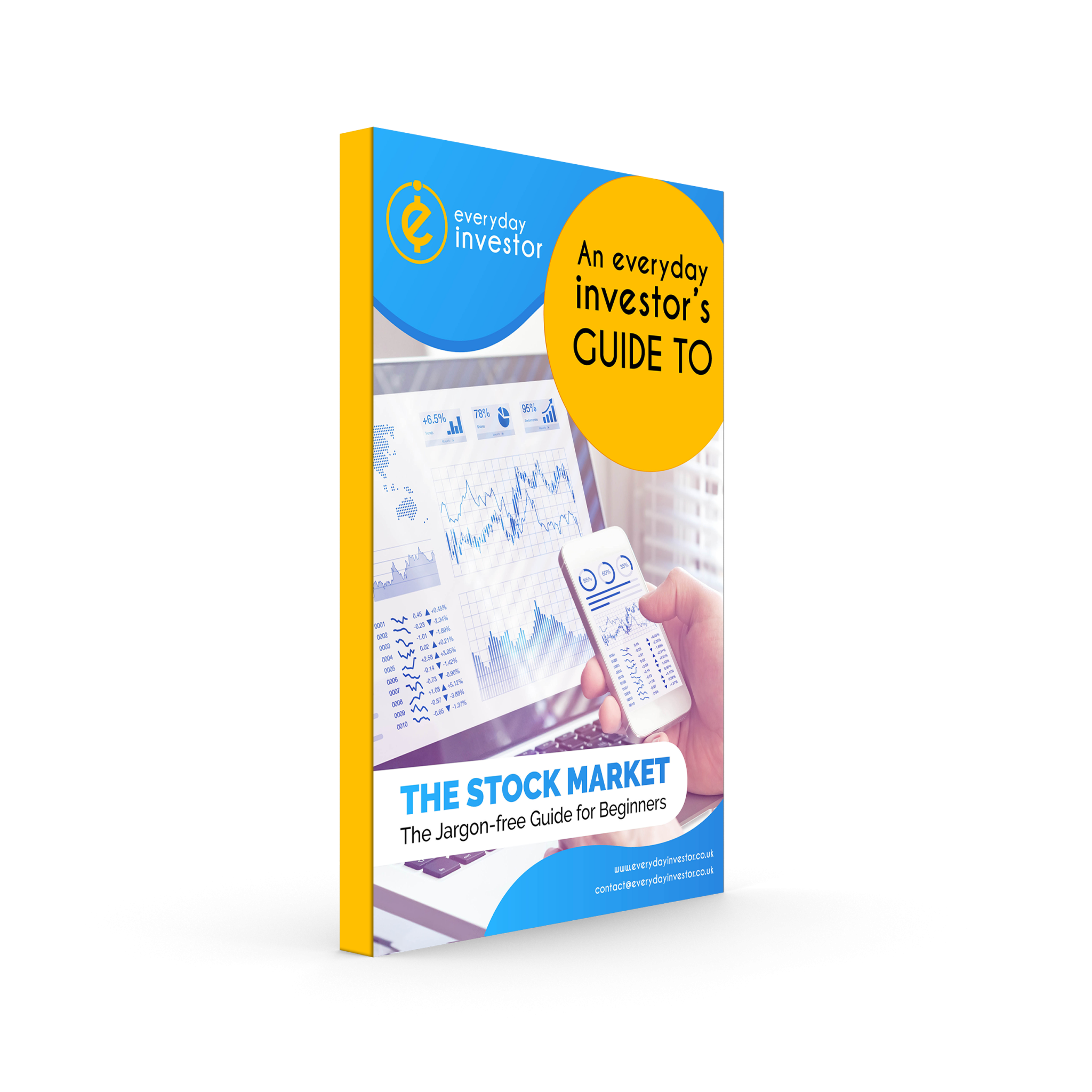In investing you will see the term everywhere, so what is market cap? Well market cap is short for market capitalisation. Every company listed on a stock exchange has one. Market capitalisation is basically a fancy way of saying market value. It tells us the total stock market value of a company. We will run through how it is calculated (it is simple maths – promise). We will then cover what it’s used for and what to watch out for.
What is market cap?
The market capitalisation of a company is calculated by multiplying the total number of shares the company has in issue by its share price.
Share in issue = the total number of shares that the company has issued. For example, if a company issued 600,000 shares when they first listed on the market and they have not issued any new shares since, their shares in issue would be 600,000. However, lets imagine a year after listing on the market the company makes a further issue of 50,000 shares for sale to the market. Well the number of shares they have in issue would be 650,000.
It is not uncommon for companies to release multiple issues of new shares to the market (particularly when the company is younger and in need of funding). By taking the collective figure we ensure we account for the total number of shares the company has out there in the market.
Share price = the current price that one share in the company can be purchased for on the stock exchange it is listed on.
Let’s say our company in the example above has a current share price of 150p (£1.50), with total shares in issue of 650,000.
What is market cap? It is 650,000 x £1.50 = £975,000
Most share dealing platforms will have this information readily available when you click onto a company. In fact, most platforms will actually give you the market cap too (saving you from doing the maths yourself).
What market cap is used for
The FTSE 100 index is made-up of the largest 100 companies, in terms of market cap, listed on the London Stock Exchange. The index is reviewed quarterly by the organisation that maintains it. The constituents are adjusted accordingly where market caps have changed.
Most global stock market indexes based their make-up on market cap. In the U.K. we also have the FTSE 250 index (the 101st to 350th largest by market cap). Stock market indexes are used by investors to a) provide an indication on the current state of the market and b) to invest in – there are many “tracker” funds that allow investors to invest in an entire index.
Given the reliance indexes place on using market cap to determine their make-up, market cap really is a key piece of information.
What market cap tells us
It is important to understand the size of the company you are invested in. It is also important to understand why the market cap is changing. Is it because the share price is going up or down? Or does the company keep issuing new shares. If they are, why are they issuing new shares? Are they struggling to fund the business?
When a company issues new shares, existing shareholders can be also be disadvantaged by existing shares being diluted. What this means is that the % stake of the company you own, through owning your shares, decreases as the total size of the pie (total company shares in issue) increases.
These are all important questions to ask yourself whilst keeping an eye on market cap.
What it doesn’t tell us
Companies with higher market cap are likely to be more stable businesses that have been around a long-time. However, just because a company has a high market capitalisation, it doesn’t mean it’s a safe bet. It doesn’t necessarily represent recent performance or future prospects. Sure, it tells us the company has a huge number of shares in issue and/or a high share price. However, it doesn’t tell us what is under “the bonnet” of the company. It also doesn’t take into account the value of the dividends the company issues.
Be careful of making investing decisions simply based on market cap and think about whether your portfolio is suitably diversified.
Keeping it simple
What is market cap? It is the total market value of a company listed on a stock exchange. The formula for market cap is: number of shares in issue x current share price.
If you’re keen to learn more make sure you check out the rest of our website or grab a copy of our free Beginner’s Guide to Investing in the Stock Market.
All our content is provided for educational purposes only, to help you make your own decisions. We don’t provide personalised advice and therefore our content should not be considered an invitation, inducement or recommendation to engage in any particular investment activity. Please review our disclaimer and website terms for full details.








